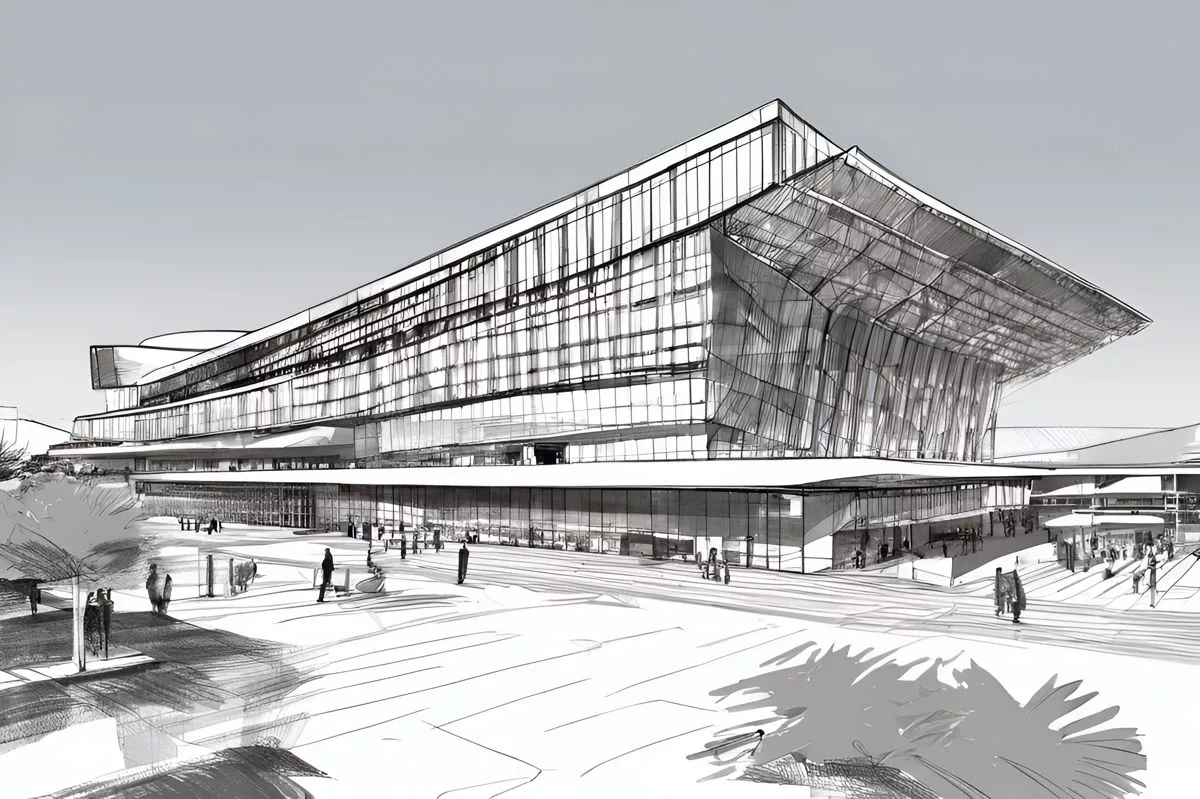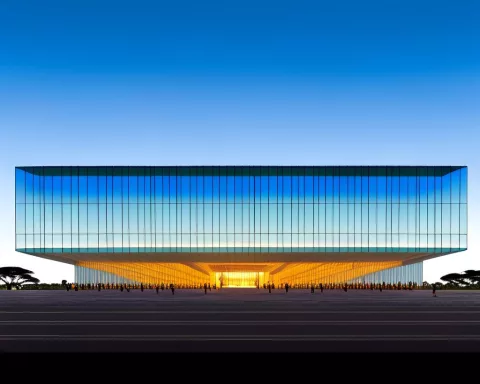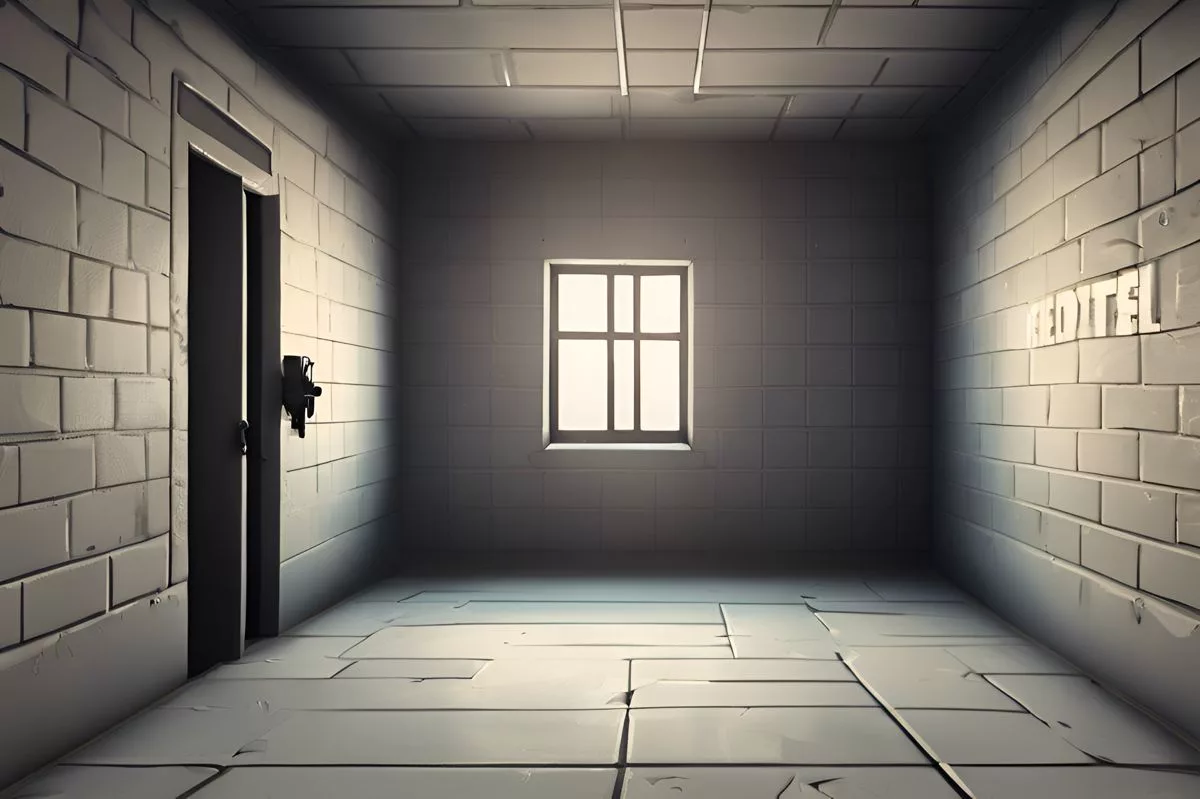A new era has begun in South Africa with the start of the seventh term of the democratic Parliament. The Parliament, chosen by the people, will not only create laws and supervise government activities but also elect a President to lead the nation. The transition to the new term was successfully managed through a partnership between the Executive, the Judiciary, and Parliament, showcasing the strength of our constitutional democracy. The inauguration ceremonies will take place at the Cape Town International Convention Centre, where the new Members will be sworn in, and the President will be elected, marking a crucial step in South Africa’s democratic journey.
A New Chapter Begins: The Advent of the Seventh Parliament in South Africa
The advent of the seventh democratic Parliament marks a significant milestone in South Africa’s democratic journey. With the latest elections, the Parliament, a manifestation of the people’s desires, is primed not just to create laws and supervise government activities, but also to elect a President, who will form the seventh administration to lead our nation. The significant shift from the sixth to the seventh term for Parliament was achieved through an efficient partnership between the Executive, the Judiciary, and Parliament, showcasing the strength of our constitutional democracy.
As day breaks over South Africa, a fresh period is initiated with the start of the seventh term of our democratic Parliament. This critical juncture in history resonates with the voices of our nation reverberating through parliamentary halls, marking the dawn of a fresh era.
With the latest elections, the people of South Africa have designated their representatives to advocate for their concerns and cater to their interests for the coming five years. The Parliament, a manifestation of the people’s desires, is primed not just to create laws and supervise government activities, but also to elect a President, who will form the seventh administration to lead our nation.
A Testament to our Democratic Resilience
This significant shift from the sixth to the seventh term for Parliament was carefully charted by the Parliament administration. This monumental undertaking, marked by complex constitutional procedures and substantial challenges, was achieved through an efficient partnership between the Executive, the Judiciary, and Parliament.
The complex ballet of democracy, starting from the announcement of election outcomes and the appointment of elected Members by the Independent Electoral Commission (IEC), to the list handover to Parliament by the Chief Justice, has showcased the strength of our constitutional democracy. Our strict adherence to this constitutional mandate ensures the legitimacy and integrity of our parliamentary system.
The Chief Justice, under the Constitution, plays a key role in initiating a new Parliament. Chief Justice Raymond Zondo has dutifully set the dates for the inaugural sittings of the National Assembly and the National Council of Provinces in accordance with the constitutional window of 14 days. These initial sessions will be held at the Cape Town International Convention Centre (CTICC).
The Inception of a New Era
The CTICC, officially declared as the Parliament precinct, provides space for approximately 400 Members of Parliament and their guests. It offers a spacious area for the swearing-in ceremony of new Members, ensuring a respectful and orderly atmosphere for this constitutional ritual. Additionally, CTICC has the necessary space for voting procedures, providing an efficient and secure environment for all Members.
Parliament has been proactive in managing the logistics for the newly elected Members, from entering their details into the parliamentary system to arranging their travel and accommodation. An induction program has been designed to familiarize Members with parliamentary rules and constitutional processes, and a dedicated help desk has been established to assist Members and their guests with any queries or concerns.
On 15 June, the first sitting of the National Council of Provinces (NCOP) will take place at the CTICC. The Chief Justice will preside over the session, which will commence with the swearing-in of all permanent delegates appointed by their respective provinces. This procedure will follow the first sittings of the provincial legislatures, thereby electing permanent and non-permanent delegates to the NCOP.
The Next Steps in South Africa’s Democratic Journey
Simultaneously, the first sitting of the National Assembly will start with the swearing-in of all designated Members present, under the supervision of the Chief Justice. Following the election of the Speaker and Deputy Speaker, the National Assembly will be constitutionally competent to elect the President, marking a crucial step towards the formation of the new administration.
For the swearing-in ceremony, groups of ten members will recite the oath or affirmation in their chosen official language. A unique aspect of this process will be the rendition of the national anthem by the official Parliamentary Choir and blessings offered by diverse interfaith groups, symbolizing our nation’s unity and diversity.
The elected President is constitutionally obligated to take office within five days after the election by pledging their loyalty to the Republic and their obedience to the Constitution. The President’s inauguration in Pretoria on 19 June 2024 will reach a climax in this democratic journey, with all Members and their guests warmly invited.
Following the inauguration, the President will call a joint sitting of the two Houses of Parliament to deliver the Opening of Parliament Address (OPA). The OPA outlines the government’s agenda, legislative priorities, and key policy directions, serving as a guide for the nation’s legislative and policy framework.
Parliament has also planned a comprehensive induction and onboarding program for new Members. This four-day program, starting on 2 July, aims to equip them with the necessary knowledge and tools to perform their duties effectively.
To further support their roles, Members will be provided with homes, offices, and tools of trade. Despite the logistical challenges posed by the January 2022 fire, efforts have been made to reconstruct office spaces and boardrooms, with further plans nearing completion.
The considerable logistical and operational expenditures for the establishment of the 7th democratic Parliament have been accounted for, with approximately R58 million set aside. This allocation ensures that all Members of Parliament are adequately supported in their roles, reflecting the expanded needs and the rising costs of ensuring an effective parliamentary system.
The advent of the 7th democratic Parliament marks a significant milestone in South Africa’s democratic journey. The shared effort and dedication of all stakeholders, including the Office of the Chief Justice, the IEC, the Security Cluster, the State Security Agency, the Department of Public Works and Infrastructure, the City of Cape Town, the CTICC, the media, and all service providers, have ensured a smooth transition to this new parliamentary term. This remarkable occasion is a testament to our democratic resilience and the enduring spirit of our nation.
1. What is the purpose of the seventh democratic Parliament in South Africa?
The seventh democratic Parliament in South Africa is responsible for creating laws, supervising government activities, and electing a President to lead the nation.
2. How was the transition to the new term managed?
The transition to the new term was successfully managed through a partnership between the Executive, the Judiciary, and Parliament, showcasing the strength of South Africa’s constitutional democracy.
3. Where will the inauguration ceremonies take place?
The inauguration ceremonies will take place at the Cape Town International Convention Centre, where the new Members will be sworn in, and the President will be elected.
4. What is the role of the Chief Justice in initiating a new Parliament?
The Chief Justice plays a key role in initiating a new Parliament by setting the dates for the inaugural sittings of the National Assembly and the National Council of Provinces in accordance with the constitutional window of 14 days.
5. What is the purpose of the Opening of Parliament Address (OPA)?
The Opening of Parliament Address (OPA) outlines the government’s agenda, legislative priorities, and key policy directions, serving as a guide for the nation’s legislative and policy framework.
6. How are new Members of Parliament being supported?
New Members of Parliament are being supported through an induction program designed to familiarize them with parliamentary rules and constitutional processes, as well as with homes, offices, and tools of trade. A dedicated help desk has also been established to assist Members and their guests with any queries or concerns.












